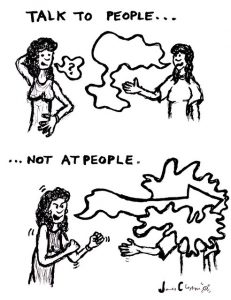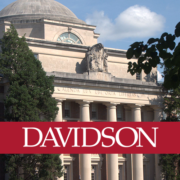Democratic Professionalism involves reaching out to those who have a stake in whatever is the matter. And the matter these days is that democratic professionalism is in very short supply.

Many of those in authority positions make decisions without getting stakeholder input–even though their choices affect stakeholders directly. An alternative is embracing a leadership ethic that involves reaching out, soliciting opinions, and including that input in the mix as decisions are being made.
Albert W. Dzur calls it democratic professionalism, which he defines as “sharing previously professionalized tasks and encouraging participation on major issues.”
Democratic Professionalism is in short supply at the very time when it’s needed most. In times of crisis, we need to trust authorities and have faith in the decisions they make. A path to both outcomes is to engage stakeholders in decision-making.
Yes, getting expert input is essential–especially at a time like this. Seeking specialists’ opinions and reaching out to stakeholders should be a both-and solution, not an either/or choice.
And if there’s any place where that form of engagement should reign supreme it’s in higher education–a place where full-throated engagement should exist, but often does not. As Professor Albert Dzur writes in the last chapter of his book, higher education should “set a good example.” The problem? It rarely is.
Using a corporate style of top-down decision-making, it’s rare to see key stakeholders (e.g,, faculty, staff, students, alums, parents) involved in the decision-making process. Instead, executives announce a decision, and then the public relations staff ‘spin it’ in a positive direction.
For example, how better it would have been had more university presidents/chancellors reached out to students, faculty, parents, and staff before deciding whether students will return to campus and how instruction will be undertaken?
Engaging stakeholders has become a leadership exception rather than a leadership rule, and a disengaging leadership approach is an anathema in a democratic society.
What a sad commentary about leadership in America! We can do better. We must do better.



